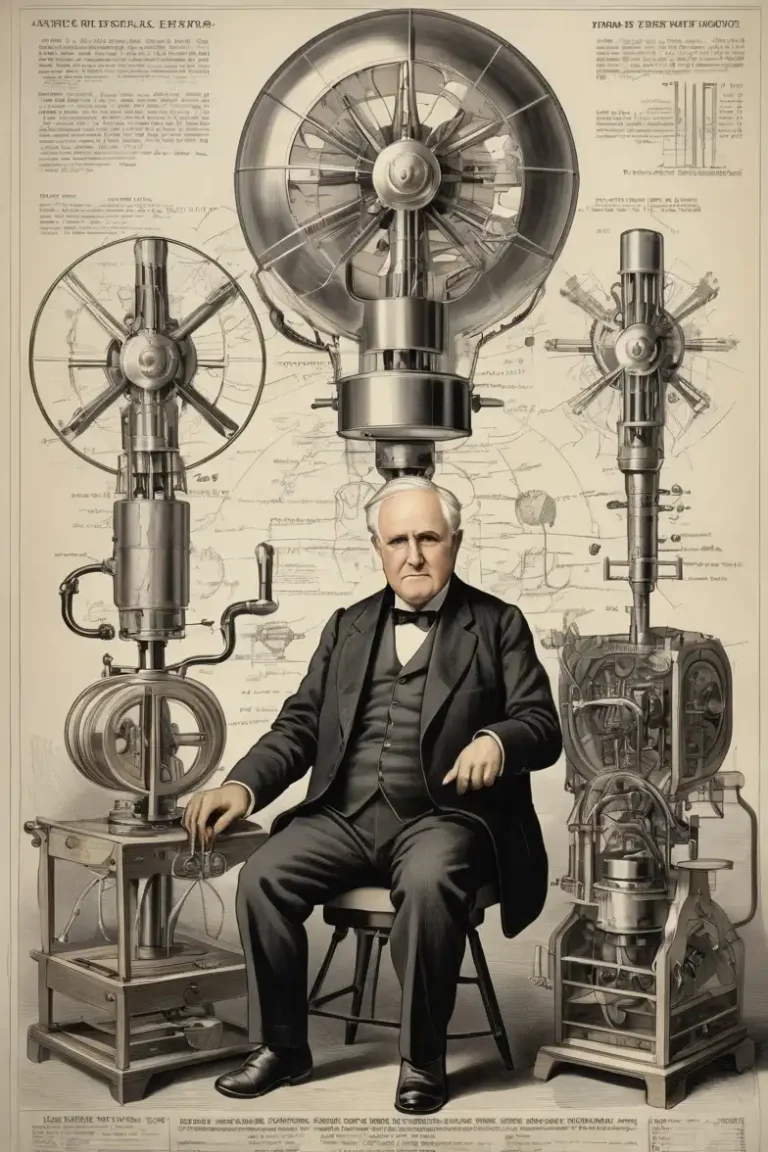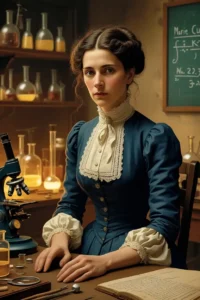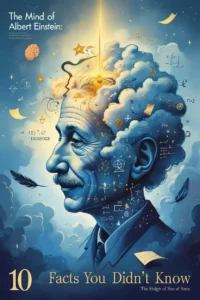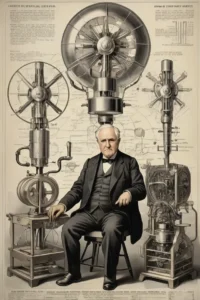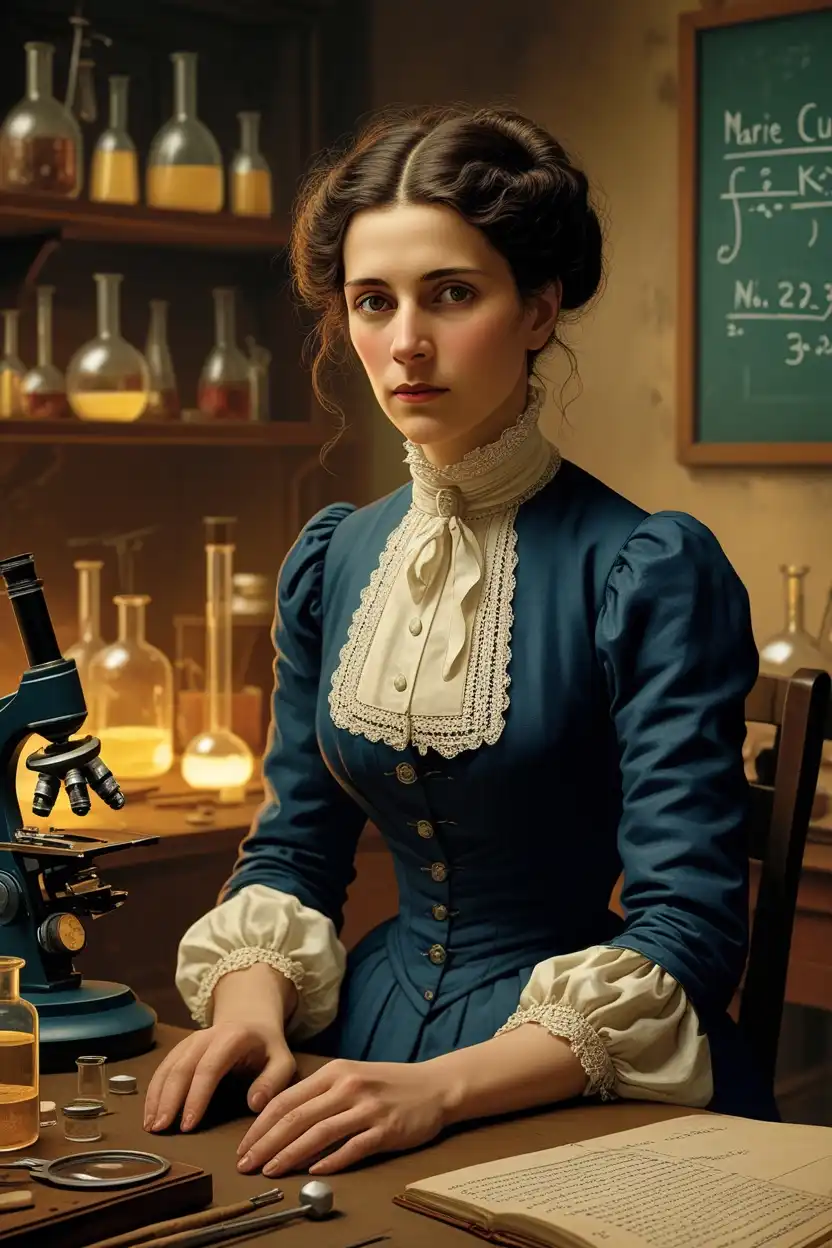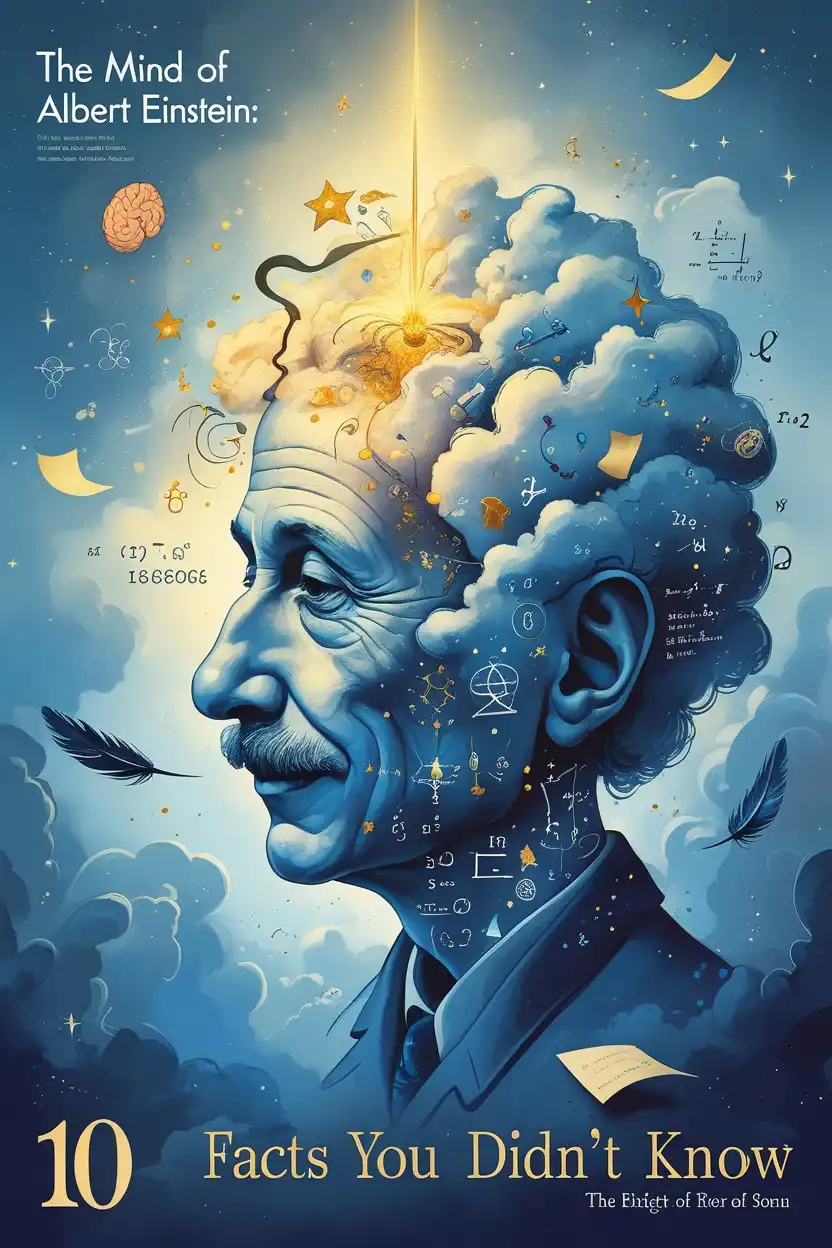Thomas Edison is often celebrated as one of the greatest inventors in history, a man whose innovations shaped the modern world. From the phonograph to the electric light bulb, his contributions have left an indelible mark on society. However, not all of Edison’s creations were met with universal acclaim, and some of his methods and inventions sparked significant debate and controversy. This article delves into the most controversial inventions of Thomas Edison, exploring their impact, reception, and the ethical questions they raised.
The Electric Chair: A Dark Chapter in the History of Innovation
One of the most controversial inventions associated with Thomas Edison is the electric chair. Although Edison did not directly invent it, he played a pivotal role in its development as part of his campaign to discredit alternating current (AC), a competing electrical system championed by Nikola Tesla and George Westinghouse.
Edison supported the use of AC in the electric chair to demonstrate its dangers, hoping to sway public opinion in favor of his direct current (DC) system. This tactic, known as the “War of the Currents,” led to gruesome and highly publicized experiments, including the electrocution of animals to showcase the lethality of AC.
The invention of the electric chair and Edison’s involvement remain controversial due to the ethical implications of using technology for capital punishment and the manipulative tactics employed in the AC versus DC rivalry.
The Motion Picture Patent Wars: Monopoly Over Innovation
Edison is credited with pioneering motion picture technology, but his aggressive business practices in this field sparked significant controversy. Through his company, Edison held numerous patents related to filmmaking and projection equipment. He used these patents to form the Motion Picture Patents Company (MPPC), also known as the “Edison Trust,” which sought to monopolize the burgeoning film industry.
Independent filmmakers were forced to either pay exorbitant fees or face lawsuits, stifling creativity and innovation. Many fled to Hollywood, California, to escape Edison’s legal reach, inadvertently laying the foundation for what would become the global film capital. Critics argue that Edison’s monopolistic approach hindered artistic freedom and fair competition, casting a shadow over his contributions to cinema.
The Phonograph: A Mixed Legacy
The phonograph is one of Edison’s most celebrated inventions, revolutionizing how people experienced music and recorded sound. However, its initial reception was not without controversy. Early models were expensive and difficult to use, limiting their accessibility to the general public.
Additionally, Edison’s refusal to adapt to emerging technologies like disc records (as opposed to his preferred cylinder format) left him trailing behind competitors like Emile Berliner. While the phonograph was undoubtedly groundbreaking, Edison’s stubbornness in adapting to market demands and technological advancements hindered its broader potential during his time.
The Light Bulb: Innovation or Appropriation?
The invention of the electric light bulb is often credited to Edison, but this claim is not without contention. While Edison did develop a commercially viable version of the light bulb, he was not the first to experiment with electric lighting. Inventors such as Sir Humphry Davy and Joseph Swan had already made significant strides in the field.
Edison’s success lay in creating a practical and long-lasting filament, as well as an entire electrical system to support widespread use. However, critics argue that Edison’s aggressive patenting practices overshadowed the contributions of other inventors, raising questions about intellectual property and credit in innovation.
FAQs
Q: Did Thomas Edison invent all the technologies he’s credited with?
A: Not entirely. While Edison played a crucial role in developing and commercializing many technologies, he often built upon existing ideas and innovations from other inventors. His success was as much about refinement and marketing as it was about invention.
Q: Why was Edison involved in the development of the electric chair?
A: Edison supported the use of alternating current (AC) in the electric chair as part of his campaign against AC technology, which competed with his direct current (DC) system. His involvement was primarily motivated by business interests rather than humanitarian concerns.
Q: Was Edison’s approach to patents ethical?
A: Edison’s aggressive use of patents has been criticized for stifling competition and innovation. While legal at the time, his tactics raised ethical questions about monopolistic practices and fairness in the marketplace.
Q: What was Edison’s most controversial invention?
A: The electric chair is often considered his most controversial invention due to its association with capital punishment and its role in the “War of the Currents.”
Conclusion
Thomas Edison remains a towering figure in the history of innovation, but his legacy is not without its controversies. From his involvement in the development of the electric chair to his monopolistic practices in the film industry, Edison’s career highlights both the potential and pitfalls of technological progress. By examining these controversies, we gain a more nuanced understanding of one of history’s most iconic inventors and the complex interplay between innovation, ethics, and society.
